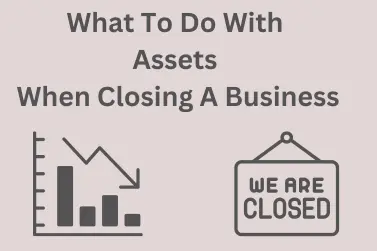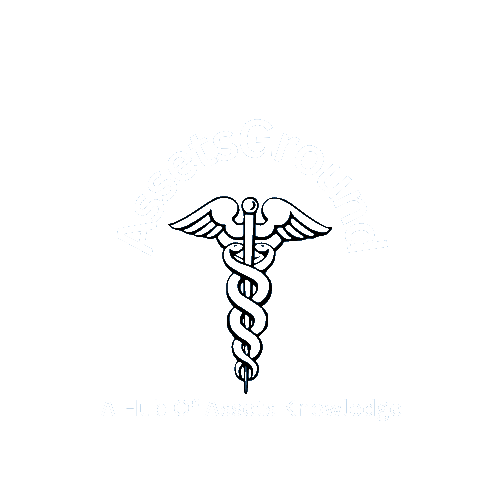What To Do With Assets When Closing A Business

Closing a business means shutting down all the activities and operations of a business such as production, selling, distribution, settling liabilities, hiring or firing employees, etc.
What To Do With Assets When Closing A Business
When a business is going to dissolve or close, the assets of the business must be sold out for paying its creditors.
The company uses the auction to sell non-cash items such as inventories, real estate property, machinery, office equipment, vehicles, etc.
When closing a company, it is essential to sell the non-cash items to pay the creditors because these assets possess a significant value to the business.
Other assets such as contracts with suppliers and customers, commercial leases, Work in progress, customer lists, and brand assets such as copyrights, patents, trademarks, logos, and brand guidelines are also sold by the auctions or direct buyers.
The followings are the common steps that a business takes when closing its operations permanently:
- The first step a business takes is to sell its assets (tangible or intangible) for getting cash
- The next step a business takes is to pay its short-term and long terms obligations
- When a business going to close, it informs the relevant parties such as suppliers or powerful customers
- The next step is to pay its employees as per the local labor law
- Hire professionals that can guide you on the tax consideration, maintaining all assets records, making transferring the agreement, and other necessary documentation for closing a business.
How To Liquidate Assets When Closing A Business
The followings are the simple steps when liquidating business assets:
- Make a list of business assets that need to be liquidated
- Find a suitable buyer through the auction or direct dealing
- Approach a professional who can help you in liquidating your assets
- Make an agreement
Distribution Of Remaining Balance When Closing A Business
Distribution of the remaining balance can vary according to the business nature. Let’s discuss how each one should be paid:
Sole Proprietorship: in this type of business, there is only a single owner, so the remaining balance will belong to him only.
Partnership: in this type of business, there are two or more owners, so the remaining balance will be distributed according to their percentage and investment in a business.
Company: this a legal entity that is separated from its owner, company is owned by its shareholders, so the remaining balance after paying its all liabilities and debts will be divided among its shareholders according to their shares in the company.
FAQs
How do you handle assets when closing a business?
A business can hire a professional, business broker, or file a bankruptcy case to handle its assets when closing a business.
What to do with inventory after closing a business?
Inventories should be sold out as soon as possible when shutting down a business because it helps a business to its obligations.
What to do with retained earnings when a business closes?
When closing a business, the retained earnings after paying all the debts and expenses must be shared among all the shareholders of the business.
When a business closes and sells its assets to pay creditors?
When a business ceases its operations and activities or cannot operate longer, it sells its assets and investments to pay its liabilities.
